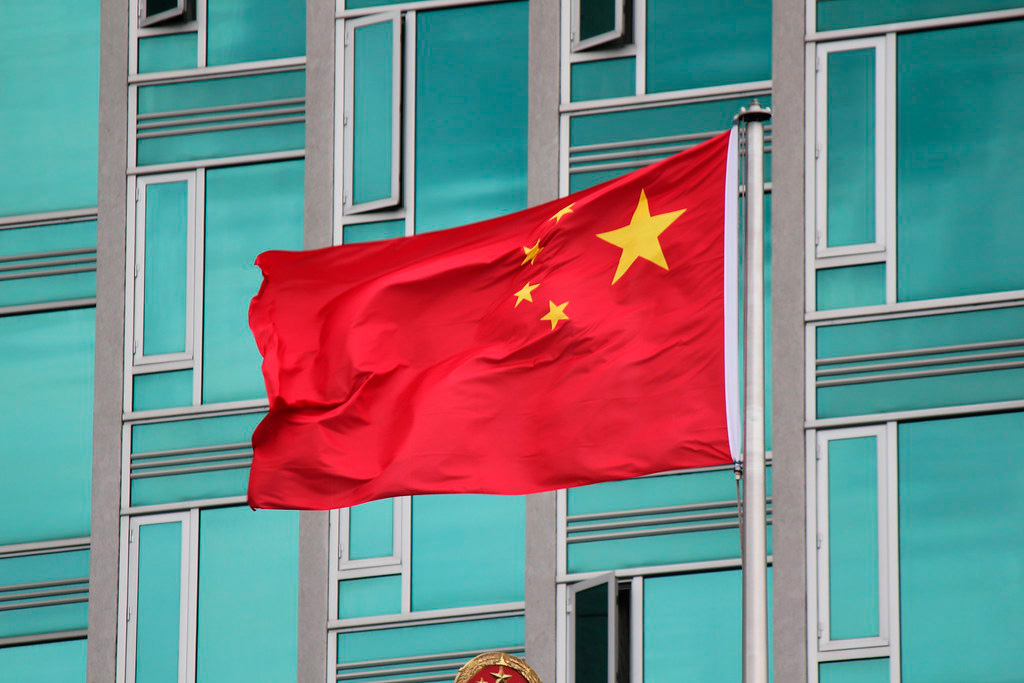For China it has come as a major embarrassment as questions have been raised over the use of body parts of endangered animal species by top Chinese pharmaceutical firms in manufacturing Traditional Chinese medicines. An international environment group has made startling revelations about China’s three top pharmaceutical companies using body parts of threatened leopards and pangolins in manufacturing traditional medicines.
UK based Environmental investigation agency has found that as many as 72 Chinese companies are using body parts of threatened leopards and pangolins as ingredients in manufacturing of at least 88 traditional Chinese medicine (TCM) products. The group found that besides leopards and pangolins, body parts of Tiger and Rhino are used which is a violation of the recommendations of the Convention on International Trade in Endangered Species of Wild Fauna and Flora (CITES).’
The group maintained that it essentially focused on the pharmaceutical companies because they are publicly listed and display products that include
leopard or pangolin parts on their websites. The Chinese companies which, the group claimed, use endangered animals’ body parts are China’s most reputed pharmaceutical companies such as Beijing Tong Ren Tang group, Tianjin Pharmaceutical group and Jilin Aodong Pharmaceutical Group. The three are among 72 firms used body parts of
threatened leopards and pangolins as ingredients in at least 88 traditional Chinese medicine (TCM) products.These firms have been running business worth billions of US dollars every year. Beijing Tong Ren Tang group is the largest producer of traditional Chinese medicine (TCM). Established in 1669 , Beijing based company is considered one
of the “Big 4” traditional Chinese medicine brands still in existence.
The four companies include (listed in order of age not size): Guangyuyuan (1541 AD), Guangzhou Chen Liji (1600 AD), Beijing Tong Ren Tang (1669), and Hangzhou Hu
Qing Yu Tang (1874). Tong Ren Tang and GuangYuYuan have been officially recognized as “China Time-Honored Brands” by the Ministry of Commerce of the
People’s Republic of China. They also have significant international reach and count a total of 62 banks and financial institutions, including Fortune 500
companies across the globe, as investors, the report said. Tianjin Pharmaceutical group is a pharmaceutical and medicine manufacturing company based in Tianjin. Mainly engaged in the production, operation, and scientific research of green traditional Chinese medicine, the company is not a biopharmaceutical company which develop and manufacture drugs using biotechnology. The group’s website has a dedicated column on certifications related to quality and environment management certificates besides
occupational health and safety management. Jilin Aodong Pharmaceutical Group Co Ltd is a designated national high-tech medicine production enterprise. The company is engaged in pharmaceutical research and development, production, and management and its products include medicines for preventing cancers and boosting human immunity. The Forbes has a dedicated a page on the drug firm.
The environmental group report titled Investing in Extinction – How the global financial sector profits from traditional medicine firms using threatened species, has found some of the investors of these companies are world’s biggest banks and financial institutions located all over the world. In total, 62 banks and financial institutions have been identified– many of them Fortune 500 companies and household names – based in Australia, Canada, the EU, Japan, Switzerland, the UK and USA which have invested in three publicly listed Chinese pharmaceutical groups manufacturing nine of the products stated to contain leopard and/or pangolin.
According to EIA, as many as 62 financial institutions have invested an unspecified amount in at least one of the three firms, and include UBS (UBSG.S),
Deutsche Bank (DBKGn.DE), HSBC Holdings (HSBA.L), Citigroup (C.N) and BlackRock (BLK.N).
Health experts said that manufacturers of TCM products publicly tout the efficacy of animal parts as ingredients and even list them in on their product packages. However they felt disappointed by the fact that many major banks and financial institutions have conveniently ignored and effectively endorsed this damaging exploitation. However, they should divest from TCM manufacturers using threatened species at the soonest opportunity, recommended activists.
The activist group urged the Chinese government to prohibit the use of parts of endangered animals for all commercial purposes in its domestic markets. China’s amended Wildlife Protection law, which came into effect in May, bans trade in most wild animals for consumption as food, but permissions for breeding and utilisation can still be issued for certain circumstances.
Chinese traditional medicine have been caught in a controversy for several reasons, say global health experts. Top among them is the promotion of TCMs by the Chinese government which has been actively promoting TCM, both domestically and internationally. That has become a cause of serious concern as the government has placed business interests ahead of public health.
Another reason is that many TCM treatments have not been rigorously tested in clinical trials, and there is little evidence that they are effective for the conditions they claim to treat. Besides, some TCM herbs and minerals can have serious side effects, especially if taken in high doses or for long periods of time. For example, aristolochic acid, a herb found in some TCM products, has been linked to kidney failure and cancer Also, few TCM products contain ingredients from endangered animals, such as rhinoceros horn and tiger bone. This has led to concerns about the conservation of these species

